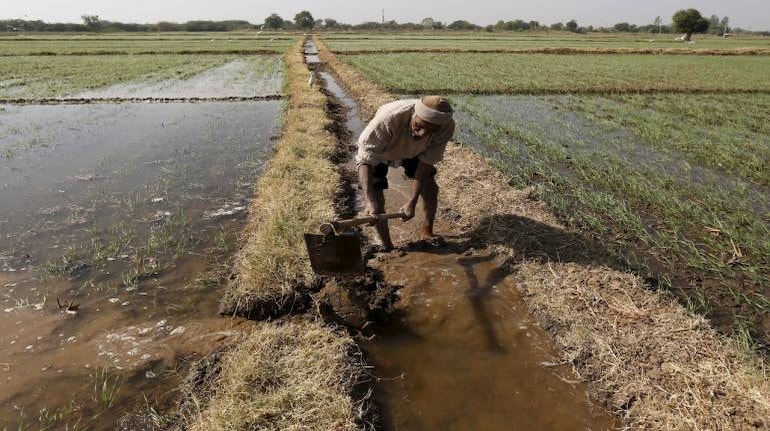



Prime Minister Narendra Modi announced on November 19 that the government will repeal the three farm laws that led to protests by farmers who have been camping along Delhi’s borders for more than a year.
Modi’s announcement will likely result in the farm protests being called off, with agitating leaders claiming victory for forcing the government to roll back laws.
The Prime Minister pointed out that the goal of bringing the three farm laws was to empower farmers, especially small farmers. The three laws were in farmers' benefit, and many farmers across India welcomed it, but the government “couldn't convince that section of farmers despite best efforts”.
With laws rolled back, several questions remained unanswered. What is the alternative to the laws? Is the status quo-driven, archaic, inefficient and distortionary Agriculture Produce Market Committees (APMC) model the best option to serve farmers’ interests? What would it require to make farming a rewarding vocation in India?
Farmers need access to markets that fetch them the best price in efficiently driven systems. In an ideal world, markets function as the best intermediaries.
For too long, however, the story of Indian agriculture has been a tale of market distortions. These seemingly insurmountable hurdles frustrated successive policymakers whose repeated counsel to dismantle these barriers often ran into political resistance, like now.
In September 2020, the government legislated three laws — the Farmers’ Produce Trade and Commerce (Promotion and Facilitation) Act, 2020; Farmers (Empowerment and Protection) Agreement on Price Assurance and Farm Services Act, 2020, and the Essential Commodities (Amendment) Act, 2020 — as part of a broad strategy to reform India’s agriculture.
The government had argued that these laws are aimed at shifting the terms in favour of farmers by getting rid of unscrupulous middlemen and vested interests that distorted markets.
The Farmers’ Produce Trade and Commerce (Promotion and Facilitation) Act, 2020 seeks to facilitate barrier-free trade of farm produce outside the markets notified under the various state APMC laws.
The APMC regulations require farmers to only sell to licensed middlemen in notified markets, usually in the same area where farmers reside, rather than in an open market. This limited farmers’ ability to sell their harvest outside their local APMCs.
The APMC markets were initially set up in the 1960s, primarily aimed to prevent distress sale by farmers, and enable better price discovery for their produce by creating critical infrastructure. Over the years, however, these APMC-driven markets had become barriers for farmers to get a fair price for their produce as they were forced to sell it through these committees.
Harvest after harvest, crop after crop, season after season, layers and layers of intermediaries and middlemen have been telling farmers what price their produce should fetch.
Over the years, the APMCs have led to inter-connected oligopolies where the same group of local business families rule over these markets.
In December 2010, the Competition Commission found out that nearly 20 percent of that month’s total onion trading at the Lasalgoan APMC, Asia’s largest onion market in Maharashtra’s Nashik, was accounted for by one firm.
This resulted in a large ‘price spread’, meaning many groups of middlemen pocketed their share before it reached the final consumer, leaving a yawning gap between the price the farmer received and the eventual retail selling price.
A 2012 report by the National Council of Applied Economic Research identified collusion as a major hurdle in fair trade, with a handful of traders monopolising almost all big markets.
The Farmers’ Produce Trade and Commerce (Promotion and Facilitation) Act, 2020 was aimed to remove barriers in inter-state trade, allowing farmers from Uttar Pradesh, for instance, to sell to buyers and merchants in Gujarat through an e-trading framework.
At the core of the protests is the fear among farmers that they will lose their bargaining power if large corporations and private traders can enter unregulated agriculture produce markets. The Prime Minister’s announcement shall address these fears for now. The bigger question is: Is the status quo situation of over-dependence on middlemen better?
In the end, agriculture continues to remain India’s most unreformed sector.
Discover the latest Business News, Sensex, and Nifty updates. Obtain Personal Finance insights, tax queries, and expert opinions on Moneycontrol or download the Moneycontrol App to stay updated!
Find the best of Al News in one place, specially curated for you every weekend.
Stay on top of the latest tech trends and biggest startup news.